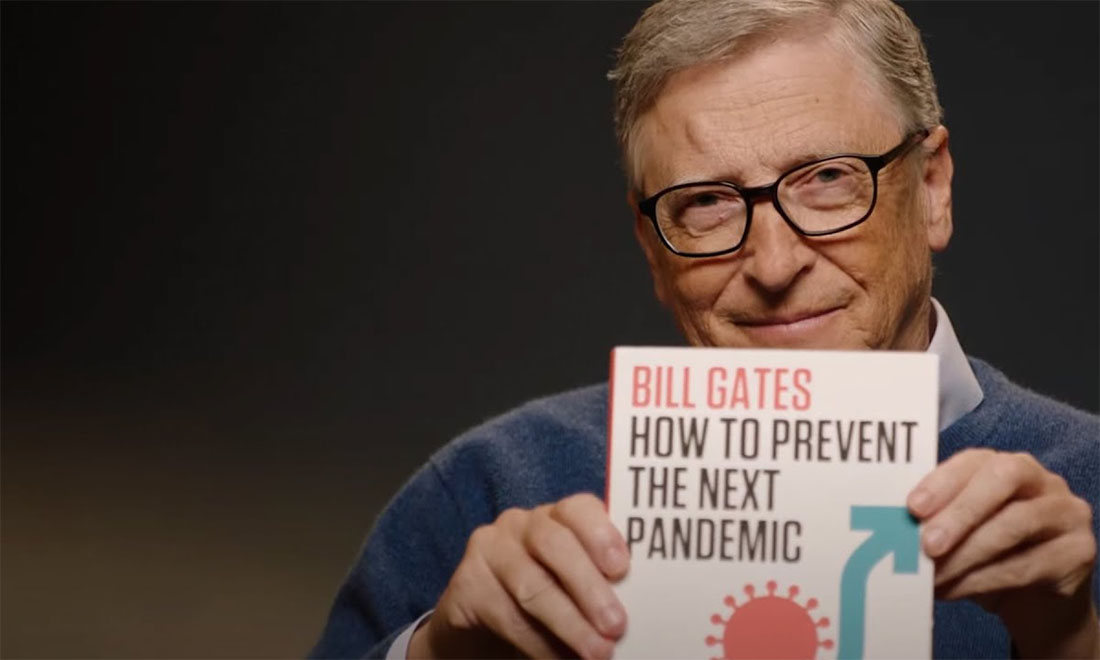
Photo Credit: Getty Images
In a recent interview, billionaire philanthropist Bill Gates expressed serious concerns about the future of global stability, highlighting two major risks humanity faces in the next 30 years: a large-scale war or another pandemic. While Gates is optimistic about technological advancements, like AI and disease eradication, he remains worried about global tensions and public health vulnerabilities.
Gates pointed to rising international unrest, which he believes could lead to a catastrophic war. He also warned that, even if a war is avoided, another pandemic is almost certain to occur within the next 25 years. Gates, a long-time advocate for global health preparedness, emphasized that the lessons from the COVID-19 pandemic have not been fully learned. According to him, the United States, which many expected to lead the world during the crisis, underperformed. He expressed disappointment that many of the critical weaknesses exposed during the pandemic remain unaddressed.
The core of Gates' message is about the need for preparedness. He advocates for nations to treat pandemics as seriously as they would military threats, a comparison he has made in various forums, including at the Munich Security Conference. Gates believes that the world should simulate and prepare for outbreaks much like militaries conduct exercises to defend against war. Moreover, he points to the development of rapid-response vaccine platforms, like those supported by the Coalition for Epidemic Preparedness Innovations (CEPI), as key to future preparedness.
Experts like Professor Paul Hunter have echoed Gates’ sentiments, criticizing the reactive nature of the West’s approach to emerging diseases. Hunter pointed out that the West typically only gets involved when diseases begin to threaten its population, but by that time, it is often too late to prevent the epidemic from spreading globally. This short-sightedness could allow future pandemics to wreak even more havoc.
The World Health Organization (WHO) also recently highlighted the risks posed by the spread of diseases from animals to humans, warning that increased vigilance and cooperation between nations is essential to mitigating the risks of future pandemics.
In conclusion, while Gates remains hopeful about technological innovations, his warnings about the potential for either a major war or another pandemic underscore the need for global cooperation, proactive preparedness, and long-term thinking to prevent such disasters.
















